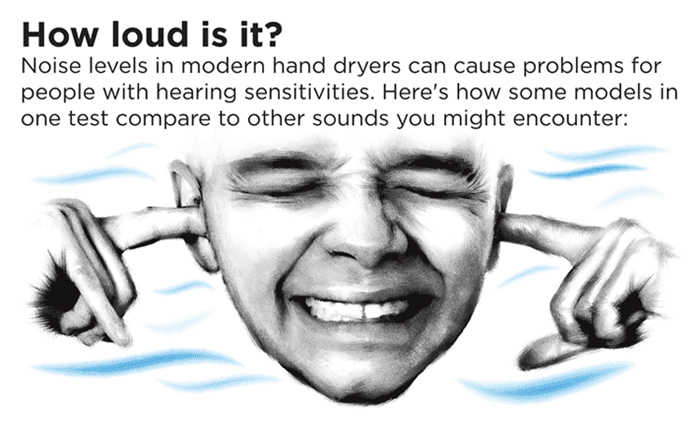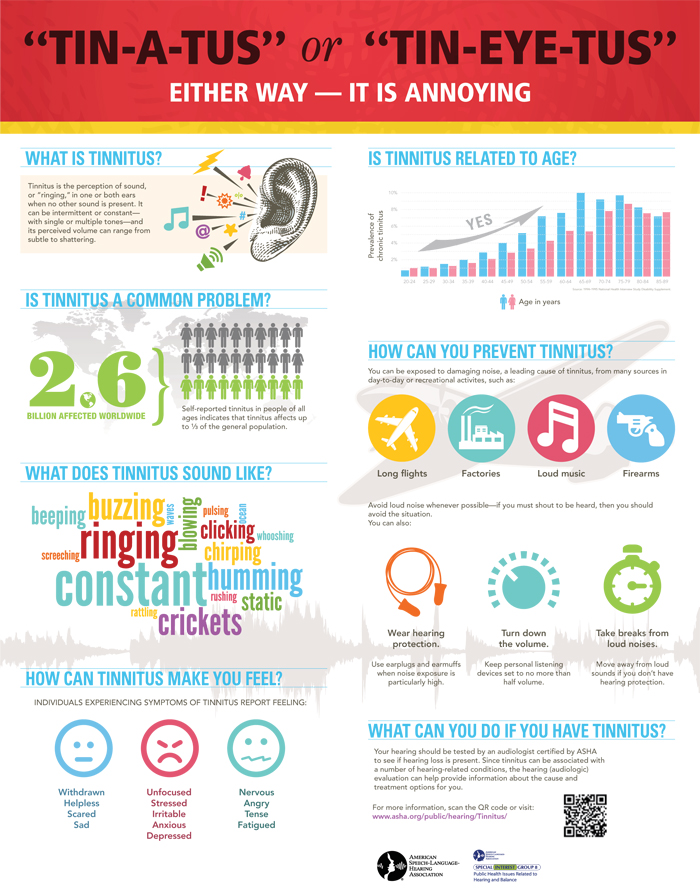"Researchers should actually be looking at babies' oral-motor movements as well." Even before they're talking, in other words, they're turning snippets of language around in their mouths like Cheerios, trying to figure them out. A new study found that when infants can't move their mouths to mimic sounds, they have a harder time processing them.
Source: Babies Use Their Tongues to Understand Speech
Did you know?
When your child shows deficits in strength and movement of the jaw, lips, tongue, and cheeks, these are signs/symptoms of Oral Motor Deficits
Screening is conducted by an SLP whenever a speech sound disorder is suspected or as part of a comprehensive speech and language evaluation for a child with communication concerns. The purpose of the screening is to identify those who require further speech-language/communication assessment or referral to other professional services.
During treatment, the SLP has the opportunity to document the rate and amount of progress a child has made before making definitive conclusions regarding the diagnosis. — Amy McKay Gehan, M.A., CCC-SLP Achieve Hearing & Rehabilitation
I could see a difference in his ability to focus and follow directions after just a couple of sessions. I appreciate the time you spent educating me about ways I could help him at home. — Susan, Preston's (6 years old) mother
The development of communication skills begins in infancy, before the emergence of the first word. Any speech or language problem is likely to have a significant effect on the child's social and academic skills and behavior. The earlier a child's speech and language problems are identified and treated, the less likely it is that problems will persist or get worse. Early speech and language intervention can help children be more successful with reading, writing, schoolwork, and interpersonal relationships.
Achieve Hearing & Rehabilitation helps patients overcome their oral motor deficits. If you or someone you know demonstrates any signs and symptoms of an oral motor deficit please call us at 972-608-0416 to discuss how Achieve can help.
Achieve a Balanced Life


